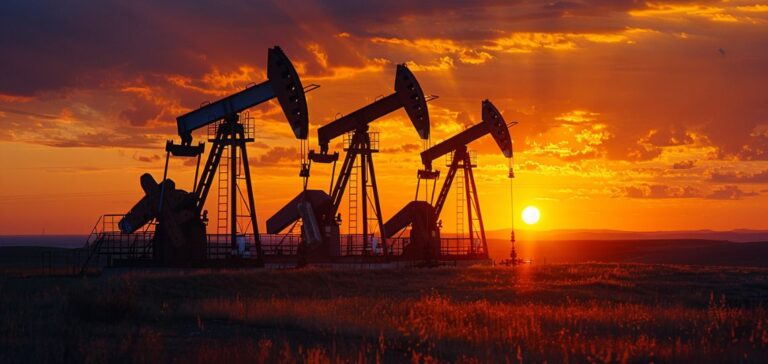The Trump administration is facing a new legal challenge as several environmental groups have filed lawsuits against measures intended to increase offshore oil and gas production. The lawsuits follow a presidential decree signed by Trump that reverses a ban on drilling in protected offshore areas put in place by his predecessor, Joe Biden.
This action is part of Trump’s broader approach to energy. Upon his return to office, the Republican president declared an “energy emergency,” seeking to ramp up hydrocarbon production in the United States. One of his first acts was signing a decree overturning restrictions imposed by Biden that covered oil and gas exploration and extraction in vast maritime zones, including along the Atlantic coast, in the Gulf of Mexico, and off the coast of Alaska.
Environmental groups, including the NGO Oceana, argue that this decision violates the law. They contend that the president does not have the authority to reverse such protections without congressional approval. In fact, a judicial ruling in 2019 already invalidated a similar attempt by Trump to lift restrictions imposed by his predecessor, Barack Obama, on drilling in the Atlantic and Arctic.
Previous Legal Actions During Trump’s First Term
The current lawsuits fit within a familiar legal framework: during his first term, environmental organizations initiated numerous actions in the courts, challenging several decisions made by the administration, particularly in relation to fossil fuels. At that time, they had secured several victories, and the current situation appears to be an extension of that fight.
These first environmental lawsuits after Trump’s return to office are likely to reignite a series of legal battles over the exploitation of maritime resources in the United States. If the administration’s actions are upheld by the courts, they could pave the way for a significant increase in oil and gas production, at the expense of the environmental concerns raised by NGOs.
Legislative and Environmental Implications at Stake
The litigation highlights complex legal questions surrounding presidential powers. Environmental groups argue that the president does not have the legal authority to reverse decisions made by previous administrations without going through a more formal legislative process. The case law from recent years, particularly the 2019 ruling in Alaska, could play a key role in determining the outcome of these lawsuits.
It is also important to note that these legal proceedings come amid growing debates in the United States over fossil fuel energy, with increasing pressure to balance resource extraction with environmental protection.






















